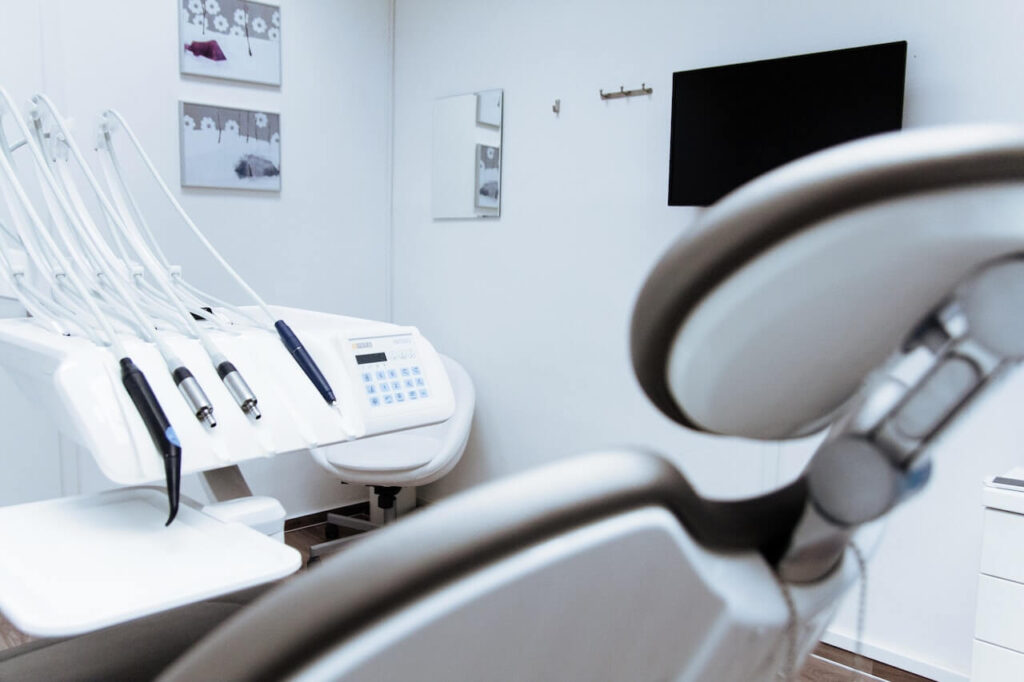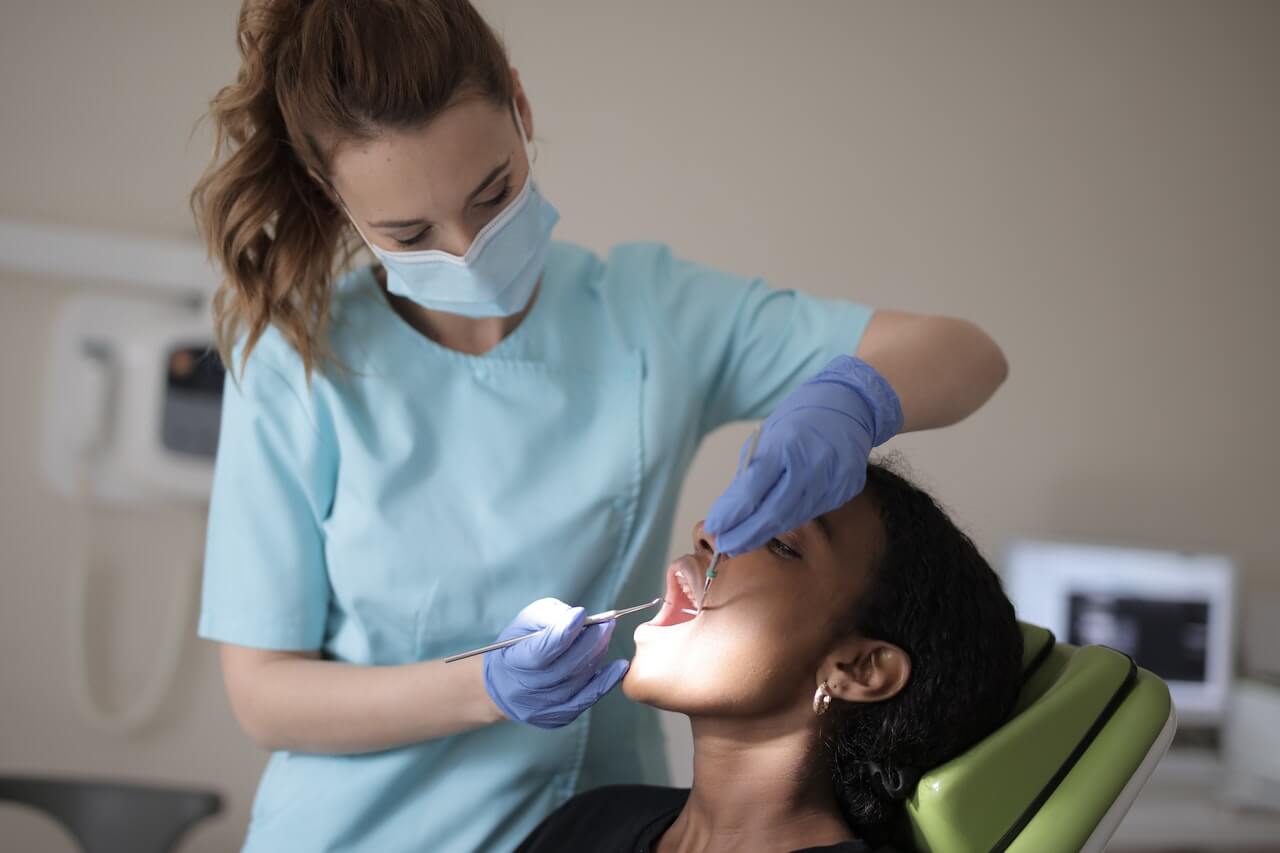Most likely, the mere thought of a toothache or another dental problem fills you with fear and anxiety. That is not unexpected considering the anxiety and discomfort that many of us experience while dealing with dental issues, not to mention our dread of the dentist. However, dental issues are not uncommon, so proper preparation is a must. The article that follows outlines some crucial steps you must take in the event of a dental emergency so that you may effectively prepare yourself and recover.
Visit your dentist
Even if you practice good oral hygiene, it’s possible to encounter toothaches with no apparent explanation. And here is when having knowledge of the issue’s answers as well as some natural cures for toothache relief in an emergency can be helpful. Of course, if you can, you should make an appointment with your dentist right away. Sometimes, no matter how much time passes or what you do, you will still need to see a dentist in order to resolve the problem. Just as the folks at this renowned Riccarton dental clinic suggest, if you know what to look for, finding a dentist you can trust shouldn’t be too difficult. They can handle a range of dental problems and provide you with a variety of services, including general dentistry, specialist dentistry, and aesthetic dentistry.
Injury-related emergencies
Injury-related dental emergencies are always unanticipated and frequently excruciatingly unpleasant. If you were struck in the mouth and suffered a fractured tooth or soft tissue injury, you should immediately rinse your mouth out with a lot of warm water. Apply a cold compress outside of your mouth for around 10 minutes under the fractured tooth if your gums are bleeding. Before you get to the dentist’s office, this will assist in lessening some of your discomfort.
Painkillers
A few of the reasons for toothaches are dental decay, food irritants, cracked teeth, tooth removal, or an infected tooth, with root nerve irritation being the most common cause of toothaches. Opting for over-the-counter painkillers is one of the easiest ways to get a toothache under control. In reality, NSAIDs and other moderate painkillers can greatly lessen the discomfort brought on by oral infections. Your neighborhood pharmacy sells a few OTC products. While you wait for your appointment, think about the following painkillers.
Cold compress
Using ice to ease the pain is another fast remedy for toothaches. You will feel less discomfort as a result of the area’s reduced blood flow caused by cold temperatures. Apply an ice cube wrapped in a thin towel to the jawline around the painful tooth for 15 minutes. Intervalize your breaks by 10 to 15 minutes. Apply the cloth to the painful region as necessary after each break. Before applying the cold cloth once more, make sure the region has warmed back to normal. If you don’t, you could harm the tissue around it.
Treating infection
An infection or inflammation in the tooth tissue or at the tooth’s root could potentially be the cause of your pain. If so, you should get treatment quickly to prevent the infection from spreading or damaging the tooth. If you have a mouth infection, you will require a prescription antibiotic. Abscesses brought on by either decay or damage can lead to infections.
Extraction
The least preferred but occasionally required alternative is extraction. You might need to have your tooth extracted if it is the result of a severely diseased, damaged wisdom tooth. However, this should definitely be your last option. The tooth is permanently lost after it has been extracted. Because they can encroach on other teeth, wisdom teeth are typically removed. More pressure is put on the teeth when they get crowded, which can lead to increased discomfort or infection. In addition to changing your bite and making it unpleasant, this crowding can lead to TMJ issues, which can further aggravate headaches.

Sometimes over-the-counter medications and DIY solutions are insufficient to relieve dental discomfort. When you’re unsure of how to treat dental discomfort, it’s time to see a specialist.
Emergency dental care is necessary if dental discomfort becomes intolerable. Use the emergency line at your dentist if the pain is unbearable. If not, arrange a visit as soon as you can to acquire pain medication and prevent more issues. We hope that this article will be helpful to you in the event of a dental emergency. Take immediate action to maintain your oral health and visit your dentist regularly. Don’t neglect the possibility that your teeth might be the source of far worse health issues.








